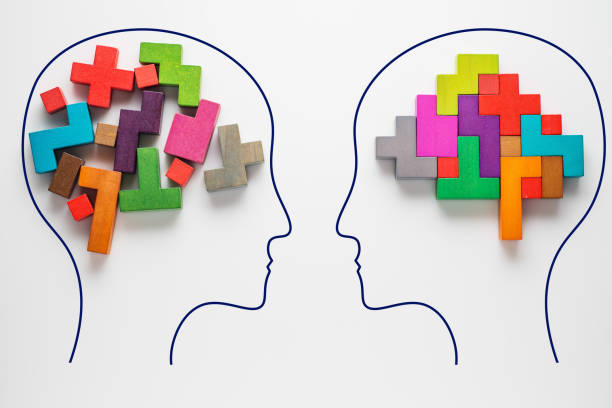How IQ Tests Are Used to Measure Cognitive Abilities and Learning Patterns
IQ tests are assessments that explore various aspects of cognitive ability, such as problem-solving, memory, and reasoning skills. While results may differ across individuals, these tests can provide a structured way of understanding certain strengths and approaches to learning. They are often used in research, education, and self-assessment contexts.

Understanding the Core Components of IQ Assessment
IQ tests typically evaluate multiple cognitive domains through carefully designed question sets and problem-solving tasks. The assessment usually includes sections testing verbal reasoning, mathematical ability, spatial awareness, and pattern recognition. These components work together to create a comprehensive picture of an individual’s cognitive processing abilities, measuring both fluid intelligence (the ability to solve novel problems) and crystallized intelligence (acquired knowledge and skills).
How IQ Tests Measure Learning Patterns and Cognitive Development
Modern IQ assessments go beyond simply generating a single numerical score. They provide detailed insights into how individuals process information, adapt to new challenges, and apply learned knowledge. The tests analyze response patterns, completion times, and problem-solving approaches to understand an individual’s unique learning style. This information helps educators and professionals develop targeted learning strategies and support systems.
Applications of IQ Testing in Different Settings
IQ tests serve various purposes across different contexts. In educational settings, they help identify gifted students and those who may need additional learning support. In clinical environments, IQ assessments assist in diagnosing learning disabilities and developmental disorders. Corporate organizations sometimes use adapted versions for recruitment and talent assessment, while research institutions employ them to study cognitive development and intelligence patterns across populations.
The Evolution of IQ Testing Methods
Contemporary IQ testing has evolved significantly from its early days. Digital administration, adaptive testing technologies, and culturally sensitive question designs have made these assessments more accurate and accessible. Modern tests account for diverse cultural backgrounds and educational experiences, providing more equitable evaluation methods that better reflect true cognitive abilities.
Professional Administration and Interpretation of IQ Tests
The administration and interpretation of IQ tests require specialized training and certification. Here’s a comparison of common professional IQ test administrators:
| Professional Type | Qualification Required | Testing Scope |
|---|---|---|
| Clinical Psychologist | Doctoral Degree | Comprehensive cognitive assessment |
| School Psychologist | Master’s/Specialist Degree | Educational evaluation |
| Educational Diagnostician | Master’s Degree | Learning ability assessment |
| Neuropsychologist | Doctoral Degree | Brain function evaluation |
Prices for IQ testing can vary significantly based on the provider and purpose. Professional assessments typically range from $200 to $700 for a complete evaluation and interpretation.
Prices, rates, or cost estimates mentioned in this article are based on the latest available information but may change over time. Independent research is advised before making financial decisions.
The Future of Cognitive Assessment
IQ testing continues to evolve with advancing technology and understanding of human cognition. New approaches incorporate artificial intelligence, virtual reality, and adaptive testing methods to provide more nuanced insights into cognitive abilities. These developments promise more accurate and comprehensive assessments while maintaining the fundamental goal of understanding human intellectual capabilities and learning patterns.
This article is for informational purposes only and should not be considered medical advice. Please consult a qualified healthcare professional for personalized guidance and treatment.




